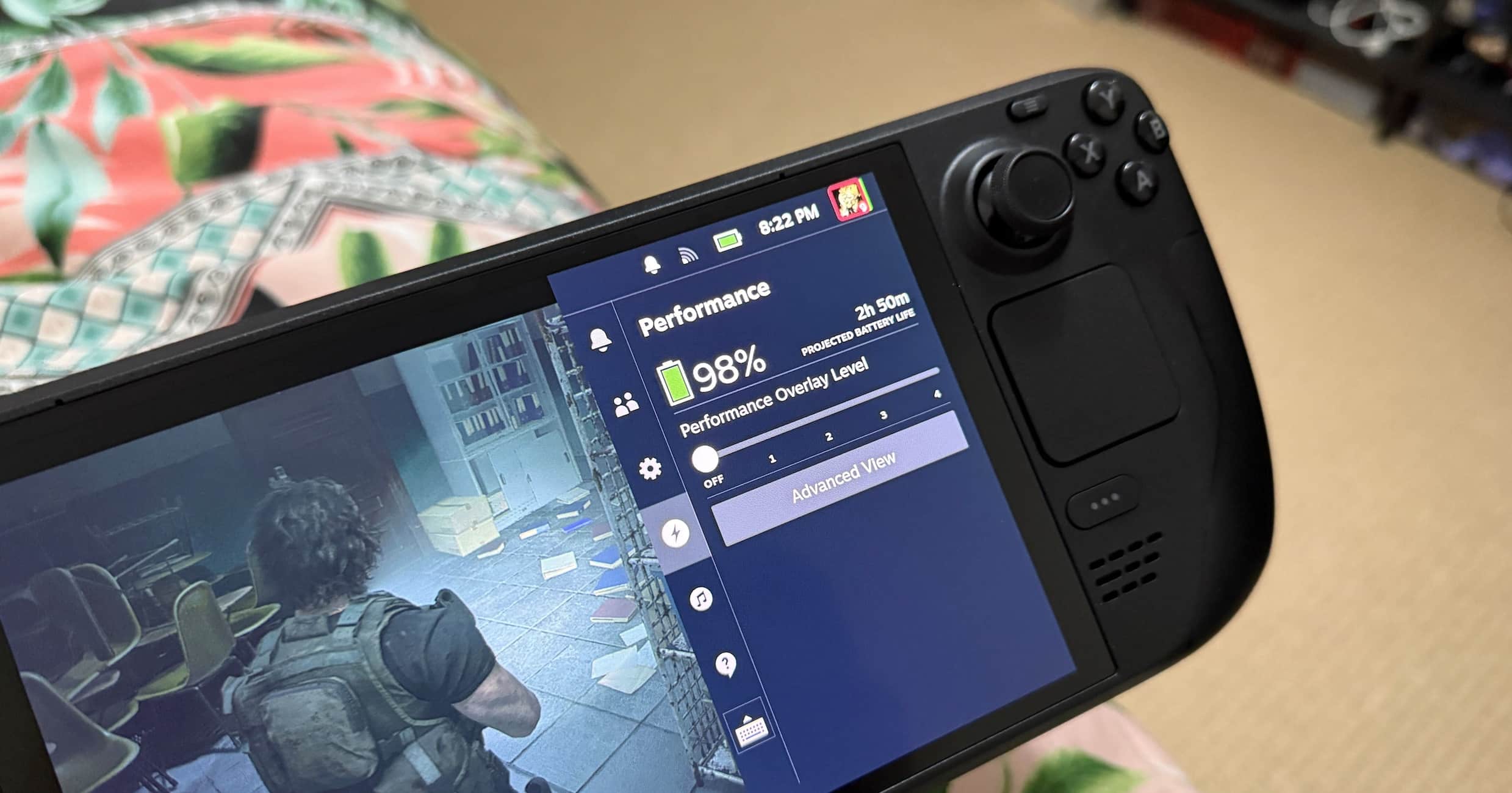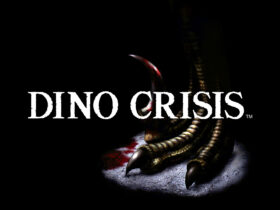Board games publishers that import stock into the United States are currently in crisis mode, in large part due to the tariff edicts handed down by US President Donald Trump in early April 2025. In an attempt to convince companies to return their production to the United States, Trump and his government recently determined that a variety of countries would be slapped with additional taxes to disincentivise purchase and importation of their products.
The country facing the biggest tariff – a whopping 125% – is China. And with the vast array of goods produced and imported from China worldwide, the decision could be detrimental to a range of industries.
While the tariffs are aimed at on-shoring production in the United States, the reality is this isn’t possible for the vast majority of impacted goods, whether for cost, staffing, warehousing, or resourcing reasons. So, the tariffs will simply lead to higher costs of importation and production, which will then be passed onto consumers.
Based on early reporting and admissions from a range of global board game publishers, these tariffs have the potential to actually sink the entire board games industry, as production of components largely takes place in China (although the United States and Germany also have some production capacity). The tariffs could force downsizing, game cancellations, and exorbitant costs for those board games that do make it out of production.
Board game production costs would be passed up the chain
A number of companies have taken to social media or their websites to detail the impact, attempting to reassure keen board gamers they remain committed to producing good games – but that a rise in costs feels inevitable against the current economic backdrop, and with the potential impact of Trump’s tariffs.
In a blog post, the Stonemaier Games team has detailed theoretical production costs at length, outlining that Trump’s tariffs – should they remain in place – could “add as much as USD $5 million in expenses” for the company in 2025.
As described by Stonemaier, there is only a slim profit margin in its board game production. If it invests USD $100,000 into production, the “best-case scenario” is a “profit” of USD $100,000 – less sunk costs, freight shipping, salaries and royalties. So profit is more like USD $50,000, for that investment.
With the announced tariffs, increased cost of production would need to be passed up the chain – Stonemaier would need to pay more to the manufacturer, the distributor would need to pay more to Stonemaier, the retailer would need to pay more to the distributor, and consumers would pay more for the final production. In every phase, more money would need to be spent, reducing both profits and affordability.
Per Stonemaier, this system would also only ensure “survival” for publishers. In this scenario, and in any scenario where publishers are to survive the tariffs, consumers will still need to pay higher costs.
It won’t just be consumers within the United States impacted, of course. All board game players will be subject to higher costs, to offset company costs of importation into the United States, and the knock-on impact of rising production costs.
Read: The best adventure board games with gripping stories
“In all of these scenarios, the prices you pay to bring joy to your tabletop will increase,” Stonemaier said. “If you have a tight budget, you’ll buy fewer games (which also impacts the ecosystem). Even if you don’t have a tight budget, the impact is equivalent to 10-16% inflation. That’s brutal.”
Stonemaier has also expressed sympathy for those board game publishers who have already crowdfunded for their latest projects, now stuck in limbo. For those publishers, which have access to only limited funds, the cost of production and importation of their funded projects will now be much higher than before.
It wouldn’t be surprising to see already-funded Kickstarter projects paused, or outright cancelled. It would also be unsurprising to see consumers forced to pay additional money for those projects, if board games are to be produced at all.
Rising costs feel unavoidable
Prior to the additional rise in US tariffs on China, Meredith Placko, CEO of Steve Jackson Games, made clear that any tariffs will inevitably lead to a “seismic shift” for the board games industry, particularly in its cost base.
“We do know that we can’t absorb this kind of cost increase without raising prices,” Placko said in a blog post. “We’ve done our best over the past few years to shield players and retailers from the full brunt of rising freight costs and other increases, but this new tax changes the equation entirely.”
Like Stonemaier, Placko described pushing a USD $25 board game to USD $40 (in the wake of tariffs) as just being “survival math.” On the question of on-shoring production within the United States, to offset this challenge, Placko made clear this is not possible due to the speciality skills needed to produce board games.
“I wish we could [manufacture in the US],” Placko said. “But the infrastructure to support full-scale board game production – specialty dice-making, die-cutting, custom plastic and wood components – doesn’t meaningfully exist here yet. I’ve gotten quotes. I’ve talked to factories. Even when the willingness is there, the equipment, labour, and timelines simply aren’t.”
As Placko notes, tariffs are only impactful tools in a situation where “there’s a plan to build up the industries needed to take over production.” The United States has not meaningfully addressed these concerns yet.
Since Placko’s comments, Trump has raised the tariffs on China further, compounding the challenges outlined. With tariffs on China at 125%, and these tariffs seemingly going ahead, despite other countries getting a 90-day pause, the impact on the board games industry is likely to be catastrophic.
What board games companies are currently doing about the tariffs
As reported by W. Eric Martin on BoardGameGeek, board game publishers are currently attempting a range of strategies to meaningfully address the impending impact of tariffs. Some are currently holding games in China, in the hopes the tariffs will be stopped, reduced, or paused in future. This means fewer board games on-hand to sell, and reduced profits, but it may benefit companies in the long run as the tariff situation is ever-changing.
Other publishers are reportedly “taking a blunt approach of delaying releases or cancelling them outright.” One UK publisher told Martin it was planning to reduce the quantity of board games manufactured, to offset the increased cost of importation.
Notably, many of these publishers singled out larger story and campaign games as being the hardest-hit projects, as these tend to be the most expensive board games to produce. To get around the tariffs, some publishers are considering a streamline of their board game designs, with more “small box, standard-size card games” on the menu.
If you’ve got a favourite big box board game, it’s time to hold it close.
Read: Nintendo Switch 2’s original US price tag didn’t account for Trump tariffs
As many publishers discuss the nature of survival, it’s fair to say some may be forced to shutter because of these tariffs. There’s only so much consumers are willing to pay, and as costs rise, fewer folks will likely purchase board games, with this impact trickling down the chain. With slimmer margins for profit, publishers will also be forced to become smaller, likely laying off staff and eliminating jobs.
While some publishers will avoid the United States market as a means of staying afloat, the cash from this market can’t be discounted – and the industry will likely shrink, if many follow this path.
In the face of Trump’s tariffs, the future of the board games industry is looking increasingly dire. Increased costs for consumers are just the tip of the iceberg, with many companies now facing a seemingly insurmountable array of challenges. As the tariff situation continues to shift, there may be better news on the horizon – but for now, board game fans should keep themselves aware of the swiftly-degrading situation.
Essential Casino & Betting Guides
Looking for the best casinos or betting sites? Below you’ll find our recommended guides that players love right now.





